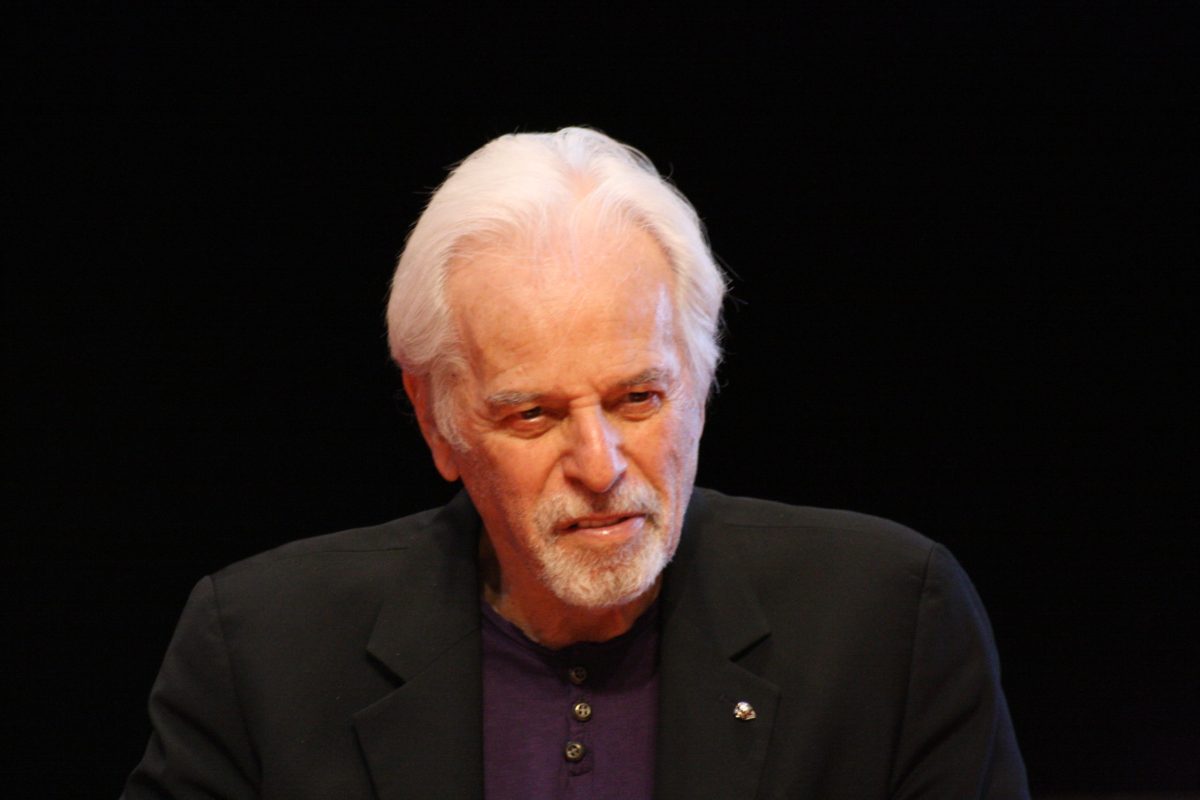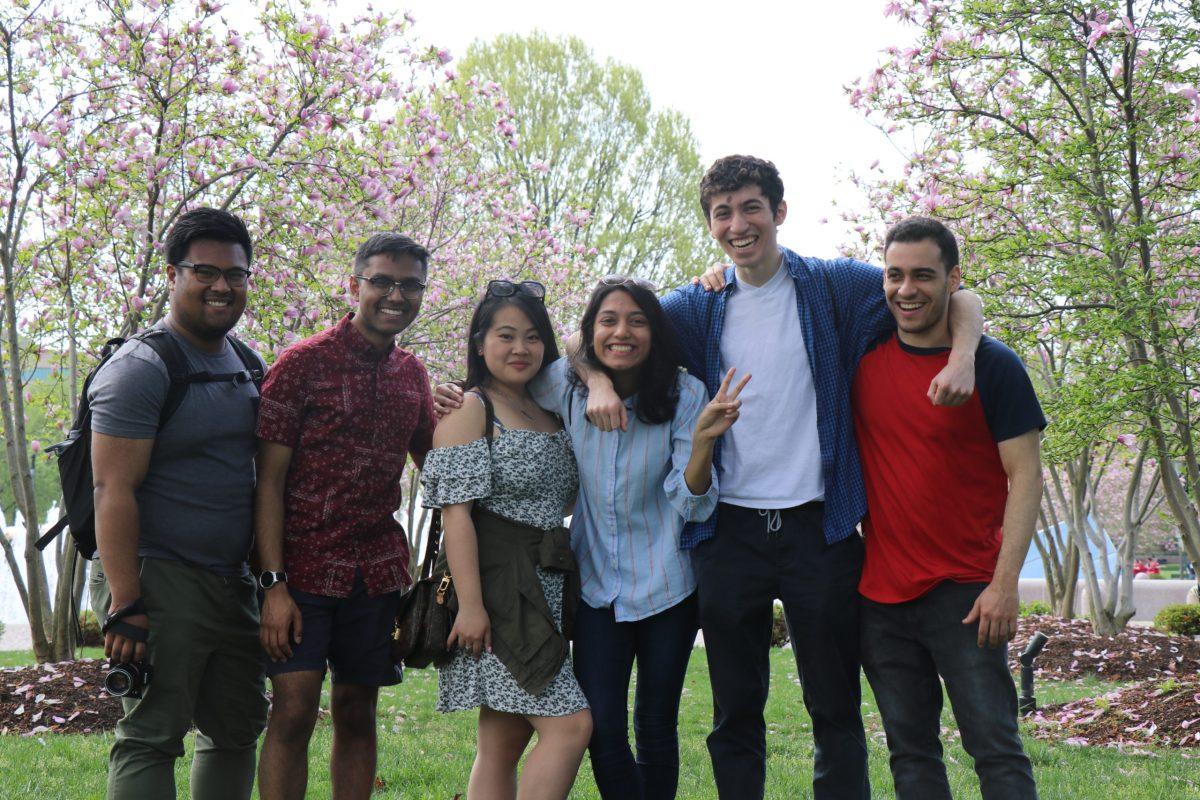College students are a bunch of crybabies
By Amarelis Bracero
There. Someone had to say it.
Honestly, looking at everything that has been going on at colleges around the nation, I can’t help but feel embarrassed to be a college student in America. I am so disappointed in my peers. Be it getting bothered over the content of emails, protesting speakers on campus, or demanding “safe spaces,” I am so disappointed in my generation’s sudden hypersensitivity.
I’m going to focus on Yale University for this editorial.
On October 30, 2015, Erika Christakis, associate master of Yale University’s Silliman College, responded to an email from the university’s Intercultural Affairs Council which asked students “to take the time to consider their costumes and the impact it may have.”
In her response, Christakis states that she does not mean to “trivialize genuine concerns about cultural and personal representation,” but she questions the implications of this apparent “institutional exercise of implied control over college students” and the threat this poses to the freedom of speech.
Yale students accused Christakis and her husband, master of Silliman College, Nicholas Christakis, of failing to create a “safe space” for Silliman residents. Some have called for the couple to resign. Yes, you read that right: a professor encouraged students to wear whatever they want for Halloween and other students felt threatened and deemed the university no longer a “safe space.”
The “safe space” issue is a completely different beast entirely that will be addressed in another editorial. Back to the Yale debacle.
On November 2, Nicholas Christakis was confronted by a group of students at a protest. The exchange can be seen in a series of videos taken by FIRE President and CEO, Greg Lukianoff. For the most part the exchange was civil, with the exception of one student who yelled in Christakis’ face with various obscenities accusing him of not creating a “safe space.” Students present at the protest did not seem to grasp the concept of the seriousness of an apology. What was Christakis supposed to apologize for? Why was he apologizing?
In a video that has since been taking down due to a copyright claim by Yale Daily News, Christakis went on to apologize for causing the students pain, but stood behind the right to free speech and what he and his wife said. When a student asked if he felt that way even when the content of the speech was offensive, Christakis replied with, “Even when it’s offensive. Especially if it’s offensive.”
As scandalous as that may be, I agree with him. Who gets to decide what is offensive? The person who says they are offended? As Christakis put it, “What if everybody says, “I’m hurt”? Does that mean everyone else has to stop speaking?” And even if it was offensive, did it cause anyone physical harm? If not, then what was said were simply words and nothing else. No harm, no foul.
See, I’m a big fan of free speech…even when it does not benefit me. There are things that should not be said because, yes, it might hurt someone’s feelings. However, in no way do people have the right to go as far as saying those things cannot be said in an attempt to censor that type of speech.
As Yale President Peter Salovey and Dean Jonathan Halloway stated in an email, “By preventing anyone from bringing ideas into the light of day, we deny a fundamental freedom — and rob ourselves of the right to engage with those ideas in a way that gets to the core of Yale’s educational mission.”
Simply put, just because you do not agree with the content of the speech does not mean the speech needs to be banned. Other people have rights, not just you.


































